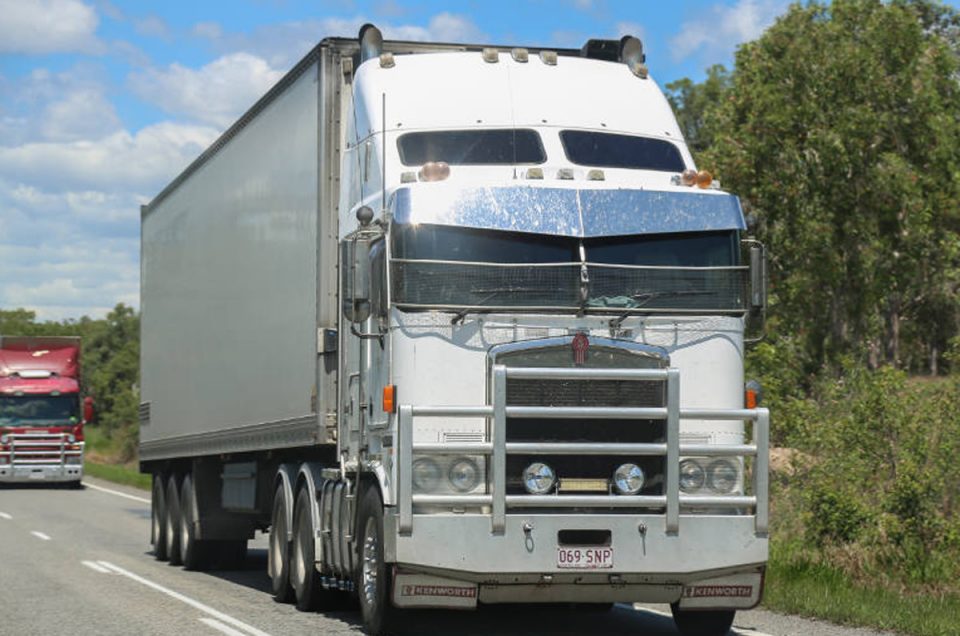Truck owners operating in the nation’s maritime industry have lamented government’s neglect and disregard for haulage operators, threatening that an increase in the cost of cargo movement is imminent.
The truck owners lamented that the maritime sector has not enjoyed the same treatment given the aviation sector.
They said the Federal Government is constantly in dialogue with the aviation industry over the increase in aviation fuel while truck owners, who are battling the soaring cost of diesel, have been neglected.
The truck owners said many of their members can no longer make ends meet, describing the situation as critical. They said they may be forced to increase haulage rates soon.
The President of the Council of Maritime Truck Unions and Associations (COMTUA), Adeyinka Aroyewun, noted that the cost of running haulage business has tripled and could compound the issues facing the maritime sector.
He said: “We have been crippled; we can’t even increase prices. The jobs are not even there; all our businesses have been hijacked by the foreigners who now use other mediums of conveying cargo. We are running out of business as days go by,” he lamented.
Also, the Chairman Association of Maritime Truck Owners (AMATO), Remi Ogungbemi, decried government’s neglect, stating that many of the truck owners are enduring just to put bread on the table.
He noted that an increase in the cost of moving haulage is long overdue.
Speaking on the impact of the hike in price of diesel on the economy, the Chief Executive Officer, Centre for the Promotion of Private Enterprise (CPPE), Dr. Muda Yussuf, said the situation would further compound the poverty level in the country.
He said the increase in haulage cost will reflect on prices as the consumers will be forced to pay
“The impact is very obvious. That means that the cost of transportation, the cost of logistics will also skyrocket and we know that one of the major challenges we have been contending within the economy is the high in cost of transportation caused by the state of the roads.
“Secondly, since almost 90 per cent of our freight is by road, the impact will be very profound and this ultimately will reflect on prices. Most of these prices will be transferred to the consumers and already the consumers are groaning about inflation,” he said.
On his part, the Director-General of the African Centre for Supply Chain, Dr. Obiora Madu, lamented the attitude of the government toward the country’s logistics infrastructure, stating that the terrible state of the logistic chain in the country is responsible for the high cost of doing business.
“A nation that fails to pay attention to its logistics will face its consequences, and that is where we are now. For a very long time, logistics infrastructure (the few we had) has been dilapidated; the world is going about integrated logistics where all modes of transportation are integrated, you have the inland waterways, are we using it? We have how many ports, are we using all the ports? Rail, if not of recent, how much of it have we used?” he added.



